Nutrition Solutions for Horses with Support Needs
Horses with special nutritional needs require tailored diets to maintain their health and performance. Whether a horse is underweight, over-weight, aging, or managing conditions like metabolic disorders, gastric ulcers, or respiratory issues, proper nutrition is essential.
This guide explores effective feeding strategies for horses with unique dietary needs and how to ensure they receive the best possible care.
Common Support Needs in Horses & Their Nutritional Solutions
1. Metabolic Disorders (Insulin Resistance & Cushing’s Disease)
Horses with metabolic disorders struggle to process sugars and starches, leading to insulin resistance, weight gain, and a higher risk of laminitis. According to the American Association of Equine Practitioners (AAEP), managing Equine Metabolic Syndrome (EMS) and Cushing’s Disease (PPID) requires a controlled diet and lifestyle adjustments to prevent complications.
✅ Nutritional Plan:
- Low-Sugar, Low-Starch Diet – Avoid grains and high-carb feeds. Opt for low-sugar hay like timothy or orchard grass.
- High-Fibre Forage – Soaked hay helps reduce sugar content while maintaining fibre intake.
- Controlled Exercise – Regular activity helps manage weight and insulin levels.
- Veterinary Monitoring – Routine vet checks ensure the diet remains effective.
For a more detailed breakdown of EMS and PPID management, visit the AAEP’s guide to metabolic disorders.
2. Gastric Ulcers
Gastric ulcers can cause discomfort and poor digestion, impacting a horse’s overall well-being. Proper nutrition plays a crucial role in prevention and management.
✅ Dietary Changes:
- Small, Frequent Meals – Helps prevent excess stomach acid production. Source: The American Association of Equine Practitioners (AAEP)
- High-Fibre Forage – Alfalfa hay acts as a natural buffer against stomach acid. Source: The University of Minnesota Extension
- Limit Starch & Grain – High-carb diets can worsen ulcers. Source: The British Veterinary Association
- Gastric Supplements – Antacids and probiotics support gut health. Source: The Horse.com
- Reduce Stress – Minimise changes in routine and ensure ample turnout time. Source: National Animal Health Monitoring System (NAHMS)
3. Respiratory Issues (Heaves & Allergies)
Horses with breathing problems require a diet that minimises dust and mould exposure. Proper feeding and environmental management are key to supporting their respiratory health.
✅ Best Feeding Practices:
- Dust-Free, Mould-Free Hay – Soaked or steamed hay reduces airborne allergens. Source: The University of Edinburgh’s Royal (Dick) School of Veterinary Studies
- Avoid Sweet Feeds – High-sugar forage can trigger inflammation, which may exacerbate respiratory issues. Source: The British Veterinary Association
- Provide Omega-3 Fatty Acids – Found in flaxseed or fish oil, these support lung health. Source: The American Veterinary Medical Association
- Ensure Proper Ventilation – A clean, well-aerated environment helps prevent flare-ups. Source: The Horse.com
For more information on managing respiratory conditions in horses, check out our Horse Health Resources.
4. Dental Problems in Horses
Aging horses or those with worn or missing teeth may struggle to chew properly, affecting digestion, weight maintenance, and overall health. Difficulty in breaking down food can lead to inadequate nutrient absorption, discomfort, and even behavioural changes due to pain while eating.
✅ Recommended Diet:
- Soaked Hay Cubes or Pelleted Feed – Easier to chew than traditional hay, ensuring they still receive essential fibre. Source: Purina Mills | Source: Mad Barn
- Soft, Chopped Fibre Sources – Maintains digestion without stressing the teeth, helping to prevent weight loss.
- Mash or Soaked Beet Pulp – A nutritious and easily digestible option that provides additional calories and hydration.
- Regular Dental Check-Ups – Prevents pain, detects issues early, and ensures proper nutrition absorption for overall well-being.
For more information on managing respiratory conditions in horses, check out our Horse Health Resources.
5. Senior Horses: Aging with Proper Nutrition
As horses age, their bodies undergo significant changes that can impact their overall health, mobility, and ability to maintain weight. Older horses often experience weight loss, reduced muscle mass, joint stiffness, and a slower metabolism. Their diet should be carefully adjusted to support digestion, energy levels, and joint health while addressing any age-related conditions like dental issues or metabolic disorders.
✅ Optimal Nutrition Plan:
- Easily Digestible Fibre – Aging horses may struggle with tough forage, so providing soaked hay, haylage, beet pulp, or fibre-based complete feeds ensures proper digestion and prevents colic.
- Higher Protein Intake – Alfalfa and high-quality protein supplements support muscle maintenance and repair, preventing excessive muscle loss.
- Joint Supplements – Glucosamine, chondroitin, MSM, and hyaluronic acid help maintain joint flexibility, reduce stiffness, and promote comfort in older horses.
- Healthy Fats for Energy – Vegetable oils (flaxseed, rice bran, or canola oil) provide an easily digestible source of calories to sustain weight and energy levels.
- Hydration & Electrolyte Balance – Senior horses are more prone to dehydration, which can lead to colic. Ensure constant access to fresh, clean water, and consider adding electrolytes if necessary.
- Vitamin & Mineral Support – Aging horses may require additional vitamin E, selenium, and B vitamins to support immune function, muscle health, and metabolism.
Regular veterinary check-ups are crucial to assess their condition, monitor weight, and adjust their feeding plan as needed. With proper nutrition and care, senior horses can continue to live healthy, active, and comfortable lives.
Conclusion
Each horse has unique dietary needs that require a thoughtful, customised approach. Whether managing metabolic disorders, ulcers, dental issues, or senior care, proper nutrition is key to long-term health.
Please Consult with a veterinarian first to develop a specialised feeding plan that ensures your horse remains happy, healthy, and full of life.
If you have your own article or story to share, we’d love to hear from you! Whether it’s a personal experience, expert advice, or a unique perspective on the equestrian world, your contribution could inspire and educate others in the community. Submit your story today and be a part of our growing network of passionate horse enthusiasts. We look forward to showcasing your insights and experiences. Share your article now!
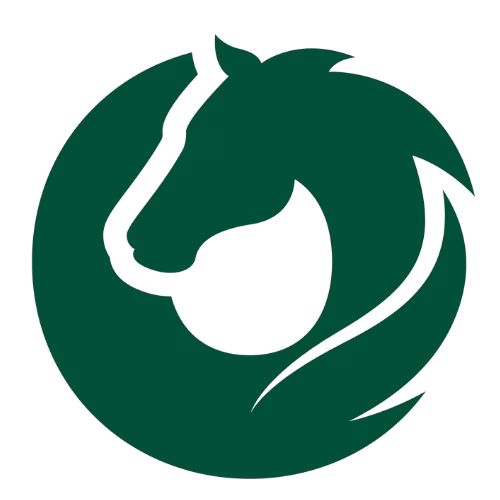
Welcome to Sell Your Horse, a platform dedicated to connecting equestrians with each other, making horse buying and selling easier and more transparent. With a focus on technology and community-building. My mission is to help like-minded equestrians find the right connections, share knowledge, and build a trusted equine network.







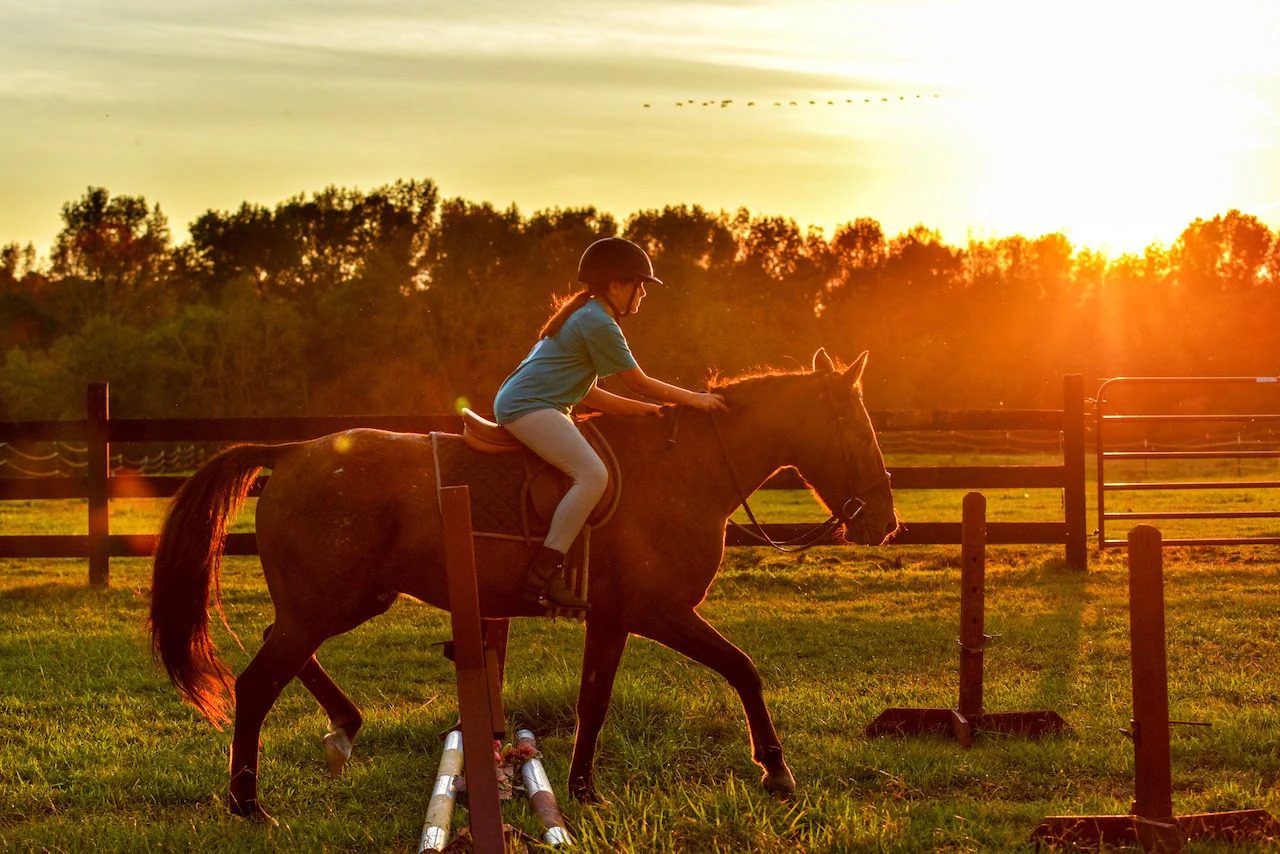
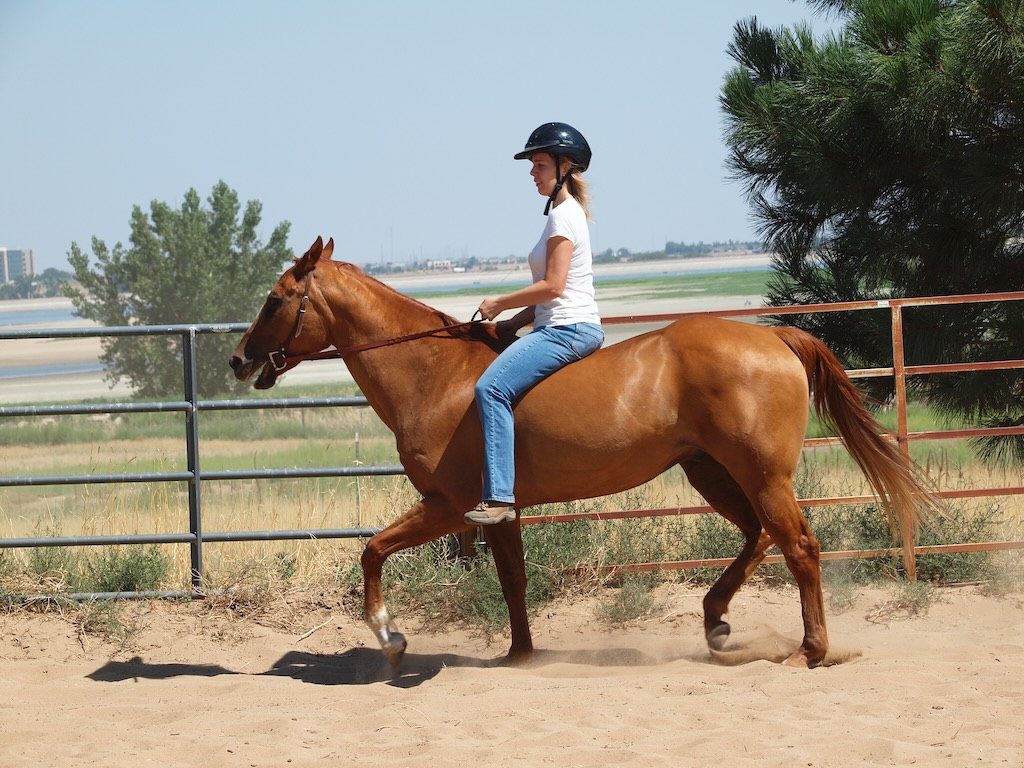
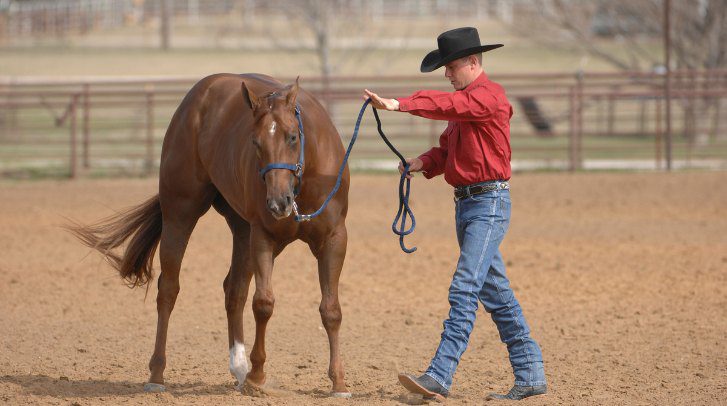
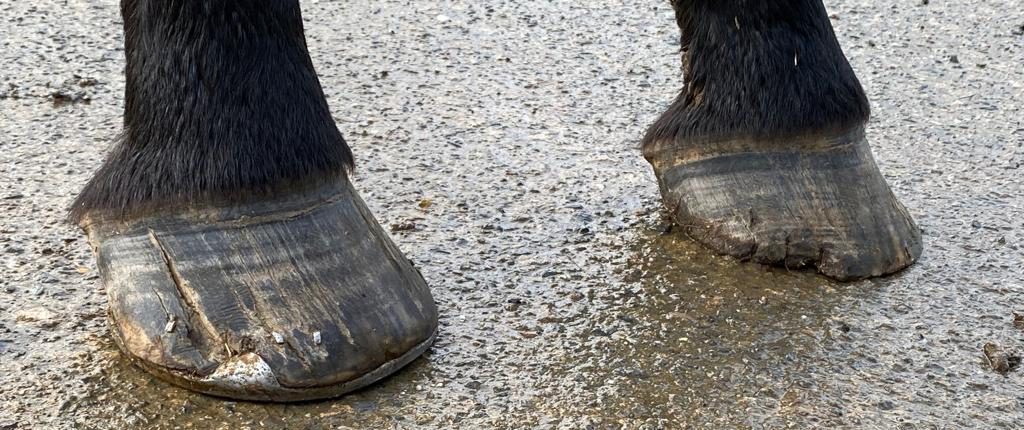
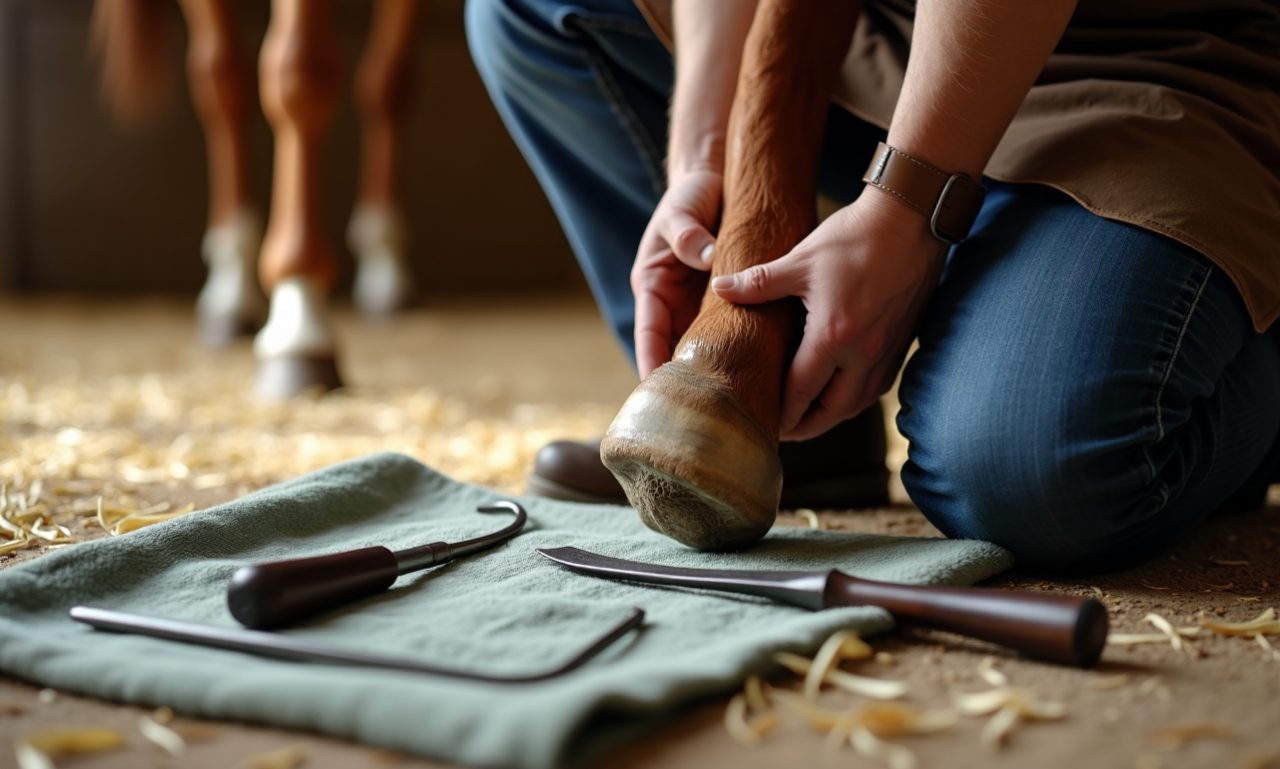

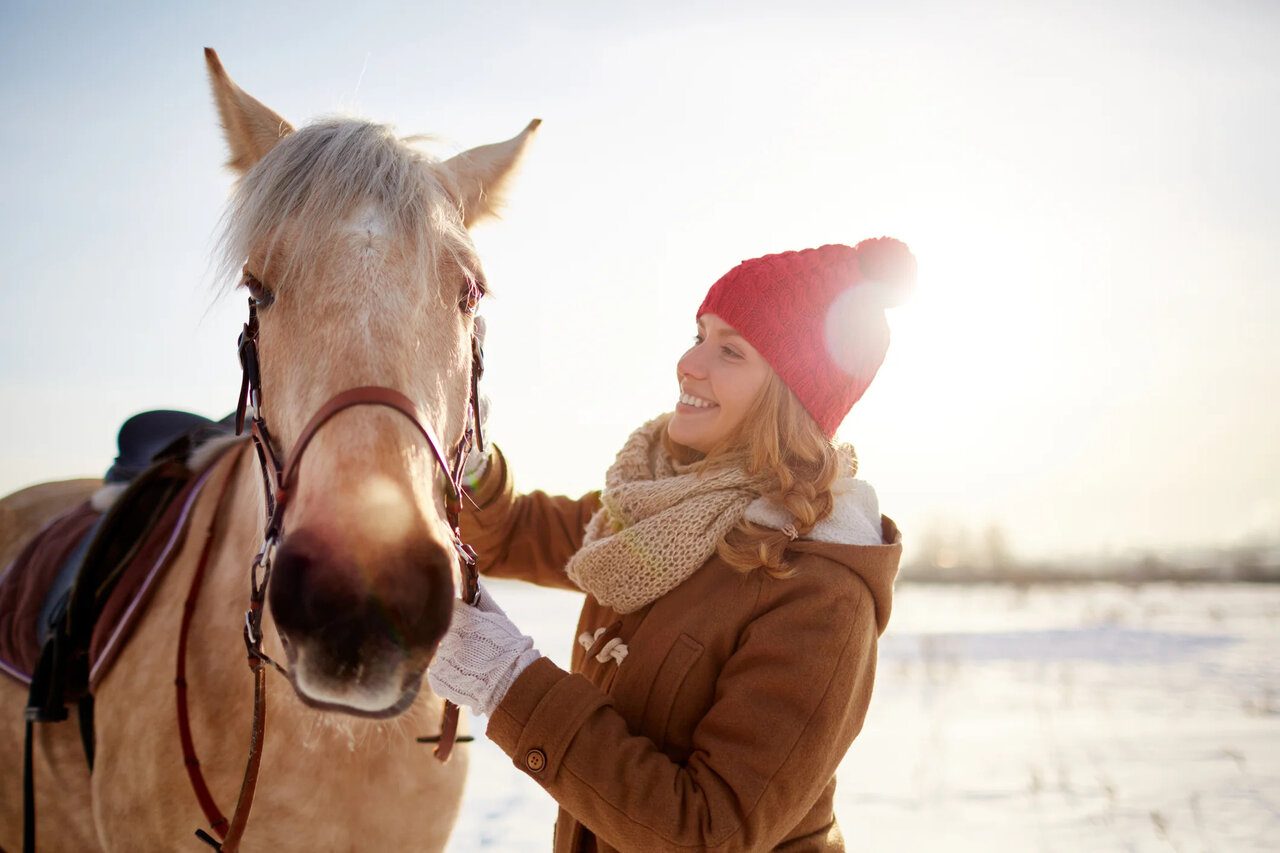
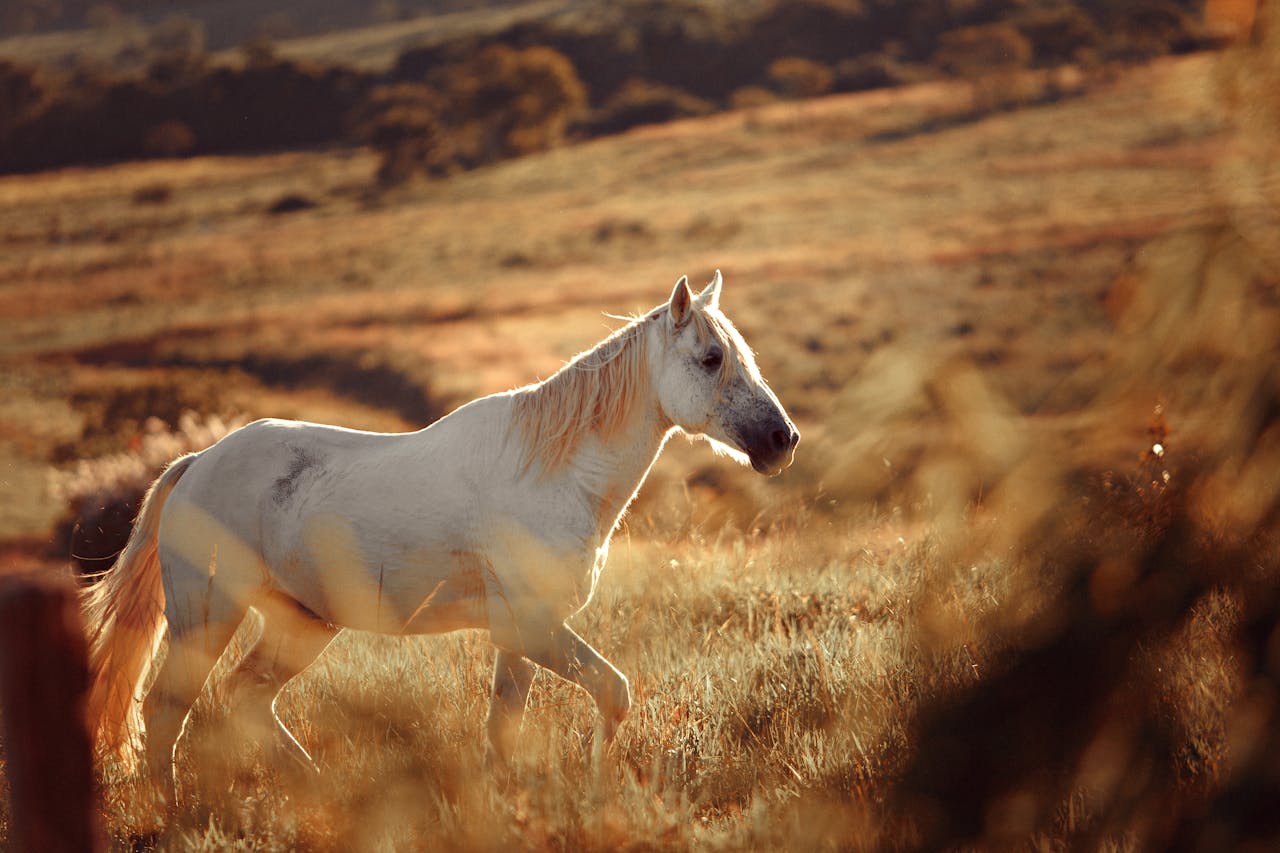
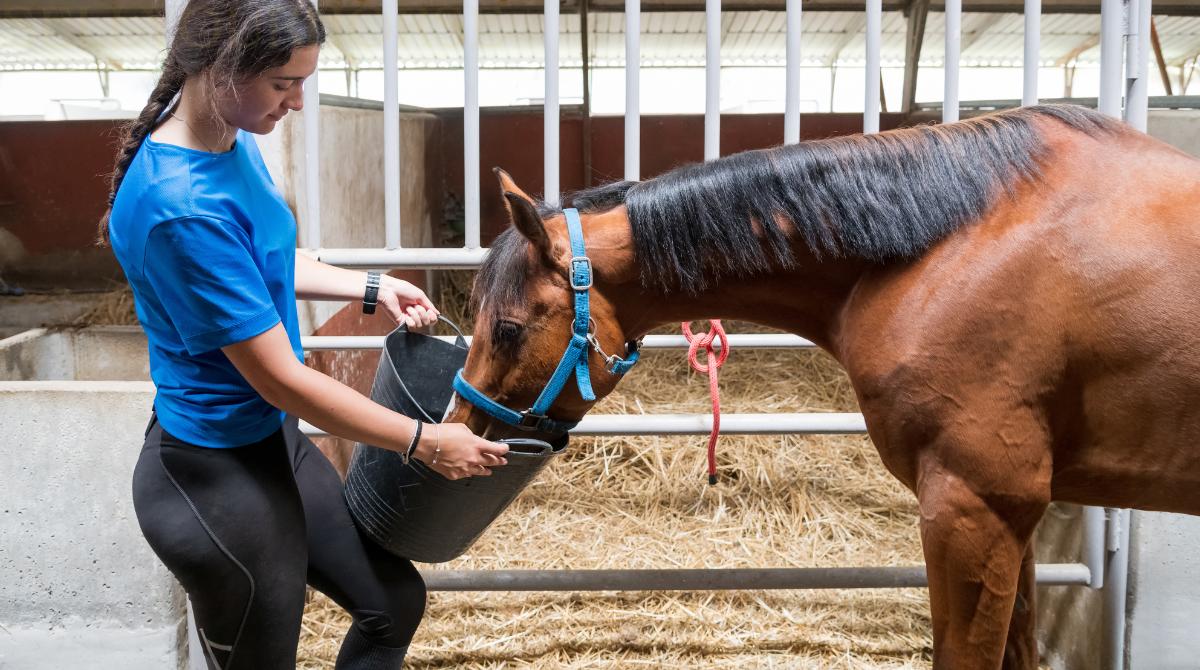
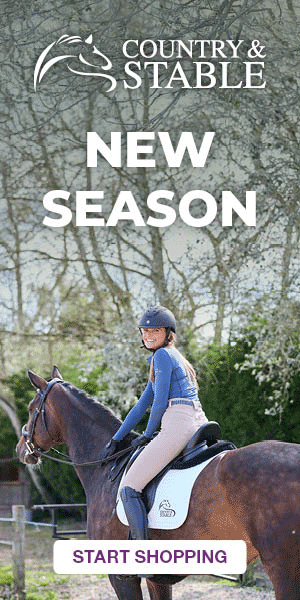
 Featured Listings
Featured Listings
 Adverts
Adverts
 Horses For Sale
Horses For Sale
 Tack & Equipment
Tack & Equipment
 Horseboxes & Trailers
Horseboxes & Trailers
 Equine Properties
Equine Properties
 4x4 Vehicles
4x4 Vehicles
 Horses For Loan
Horses For Loan
 Horses Wanted
Horses Wanted
 Stallions at Stud
Stallions at Stud
 Equine Services
Equine Services
 Riding Holidays
Riding Holidays
